The Many Needs of a Septic System
The septic tank is the core of the system, responsible for separating solids from wastewater and beginning the treatment process. Solids form a sludge layer at the bottom, while oil and grease create a scum layer at the top. The liquid in between, called effluent, flows into the drain field for further filtration. Regular tank pumping prevents sludge overflow, which can lead to system failure. A local septic company can help schedule timely inspections to ensure everything remains in working order.
Drain fields are another essential component, allowing effluent to safely filter through soil. As the water travels underground, the soil removes harmful contaminants, returning cleaner water to the environment. Damage to the drain field, such as root intrusion or soil saturation, can cause backups and environmental contamination. Avoiding construction or planting over these areas can protect the system. Proper maintenance and periodic evaluations by a local septic company are crucial to preserving the drain field's function. These efforts help homeowners avoid costly repairs and safeguard surrounding land and water sources from pollution, making sure the system operates safely and efficiently for years.
Other internal elements, like pretreatment chambers and baffles, also play critical roles. Pretreatment chambers support bacterial growth to aid in waste breakdown, while baffles prevent solids from escaping the tank. When functioning correctly, these parts increase efficiency and reduce the risk of failure. Inspections help catch minor wear before it causes larger issues.
Planned Maintenance
Regular maintenance is crucial to avoid overflows, leaks, or damage to the system. How often a tank needs to be pumped depends on its size, household occupancy, and water usage. Skipping this maintenance can lead to early system failure and contamination.
According to the U.S. Environmental Protection Agency (EPA), more than 60 million Americans use septic systems—representing roughly 25% of all households. These systems can last 20 to 40 years when properly maintained, underscoring the importance of a consistent service plan and routine care. Homeowners who ignore maintenance risk shortening that lifespan and increasing long-term repair costs.
Recognizing early warning signs allows homeowners to prevent major damage. Slow drainage, unpleasant smells, or pooling water above the drain field may signal a failing system. Responding quickly with professional help can save time and money. In addition to repairs, homeowners should make lifestyle changes, like spreading out water usage or reducing solid waste output. Preventive care paired with professional septic support promotes consistent performance.
Following a maintenance plan minimizes the risk of contamination to nearby wells and groundwater. Unchecked systems can release harmful waste into the environment. Keeping records of service appointments and maintaining a relationship with a reliable septic company supports regulatory compliance. Proactive maintenance is essential for both safety and cost control.
Maintained System Flow
Hydro-jetting is a highly effective cleaning method used to clear blockages and buildup in septic system drain lines and pipes. This process uses a high-pressure stream of water to remove grease, sludge, roots, and other debris that can restrict flow and cause backups. Unlike traditional snaking or rodding, hydro-jetting cleans the entire pipe surface, preventing recurring clogs and improving overall system efficiency.
This technique is particularly useful for removing stubborn blockages that might not be reachable by other methods. Hydro-jetting helps maintain proper wastewater flow, reducing strain on the septic tank and drain field. By preventing backups and overflow, it protects the property and the environment from potential contamination.
Hydro-jetting also minimizes the need for excavation or costly repairs, as it cleans pipes thoroughly without damaging the existing infrastructure. Regular hydro-jetting as part of routine maintenance can extend the lifespan of a septic system by keeping pipes clear and functioning properly. It's often recommended when inspections reveal buildup or slow drainage.
For homeowners, scheduling hydro-jetting through a local septic company can be a proactive step in maintaining a healthy septic system. This service is performed by professionals using equipment designed to handle the high pressures safely and effectively. Proper use of hydro-jetting supports the system’s longevity, reduces repair costs, and keeps wastewater moving smoothly through the treatment process.
Controlled Waste Disposal
Using the septic system correctly involves more than just routine care—it also requires thoughtful waste habits. Harsh household chemicals, such as bleach and ammonia, can damage the bacterial ecosystem within the tank, which is essential for breaking down waste. Flushing inappropriate items like wipes or cotton balls increases the risk of blockages. Switching to septic-safe cleaners and disposing of solid waste properly keeps the system operating smoothly.
Maintaining a balanced bacterial environment improves system efficiency. While many additives aim to enhance bacterial activity, their benefits aren't always proven. Reducing chemical use and monitoring what enters the system helps support natural bacterial growth. This balance is especially important for long-term waste breakdown and tank health.
Partnering with a local septic company provides added assurance that internal processes are functioning properly. Scheduling regular system inspections and professional maintenance helps detect early signs of damage or imbalance, reducing costly emergency repairs. Proper care also safeguards nearby water sources by preventing contamination. Homeowners should remain vigilant about what goes down drains and toilets, adopting environmentally responsible habits to protect their investment and community health.
Educating all household members on safe flushing practices protects the septic system. Toilet paper is generally safe, but items like diapers, floss, or feminine hygiene products should be discarded in the trash. Restricting chemical use, particularly drain cleaners, also helps preserve the system. Simple changes in behavior can prevent system overload and reduce repair costs.
Ensured Emergency Readiness
Quick recognition of septic problems allows homeowners to avoid system failure. Signs such as slow drains, backups, or standing water around the tank should be addressed right away. These issues can stem from clogs, leaks, or broken components. A local septic company can evaluate the situation and implement solutions before further damage occurs. Knowing what to watch for is key to avoiding long-term complications.
Although some minor issues may be resolved temporarily with household solutions, serious problems should be handled by professionals. Root blockages, tank cracks, or drain field failures require certain tools and knowledge. A professional approach ensures the work is completed safely and in line with regulations. Homeowners benefit from peace of mind and long-term savings.
Understanding the time and cost of septic repairs helps homeowners budget and plan ahead. While minor fixes may take only a few hours, larger projects might span several days. Weather, soil conditions, and equipment availability all affect timelines. A local septic company can provide accurate timelines and estimates. This transparency makes emergency repairs less stressful and easier to manage.
Homeowners who understand the operational needs of their septic system are better equipped to maintain it. A septic system requires more than occasional pumping—it demands consistent attention across all components. Ongoing education helps individuals make informed decisions and prevent common issues. When combined with professional support from a local septic company, this knowledge ensures long-lasting functionality.
Developing good habits supports the system’s overall performance. This includes maintaining safe waste disposal, adhering to maintenance schedules, and considering upgrades when necessary. These efforts pay off in lower repair costs, healthier properties, and reduced environmental impact. Every action taken today helps the system perform better tomorrow. Partner with All American Septic today for reliable service and a system that meets your household’s evolving needs.


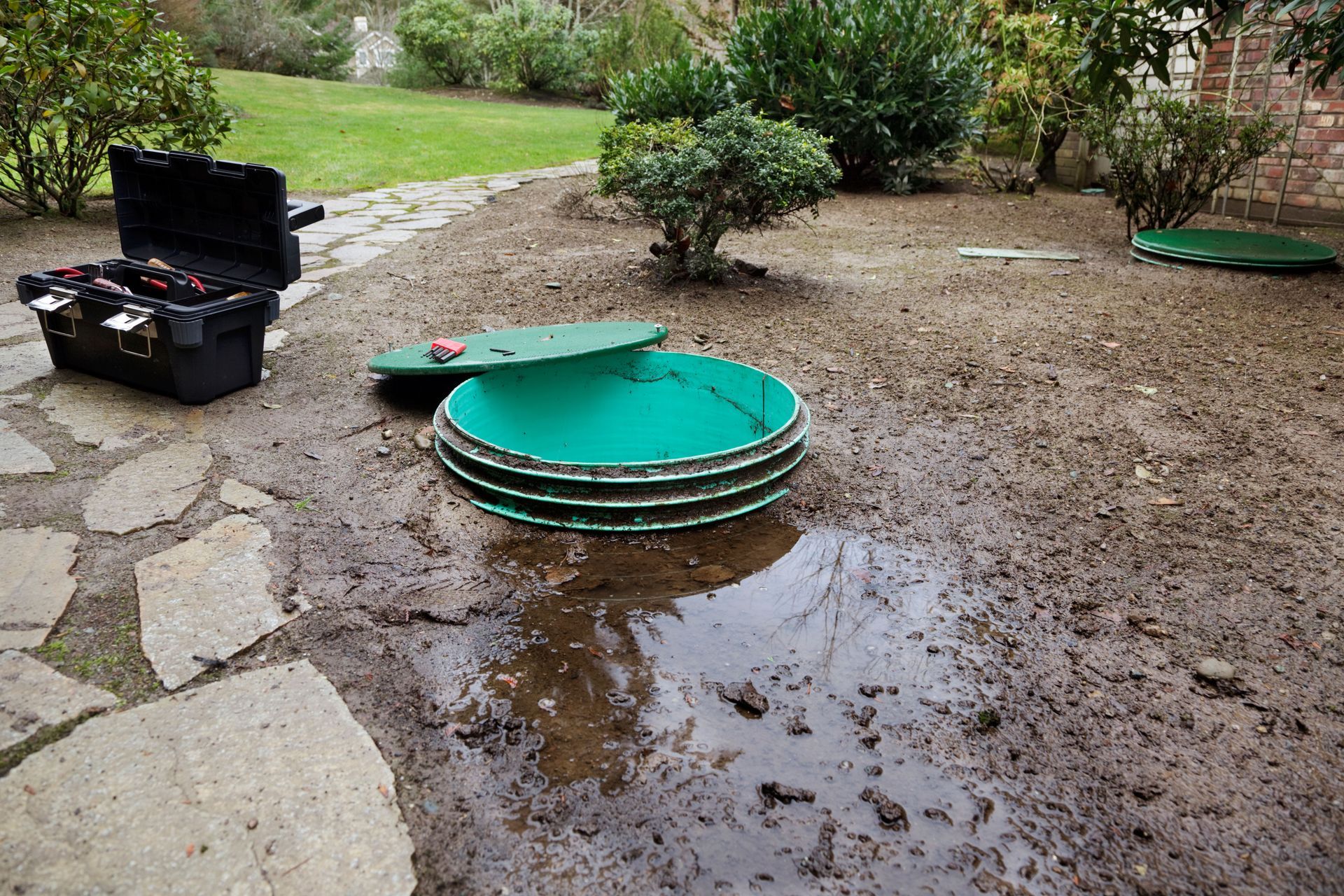
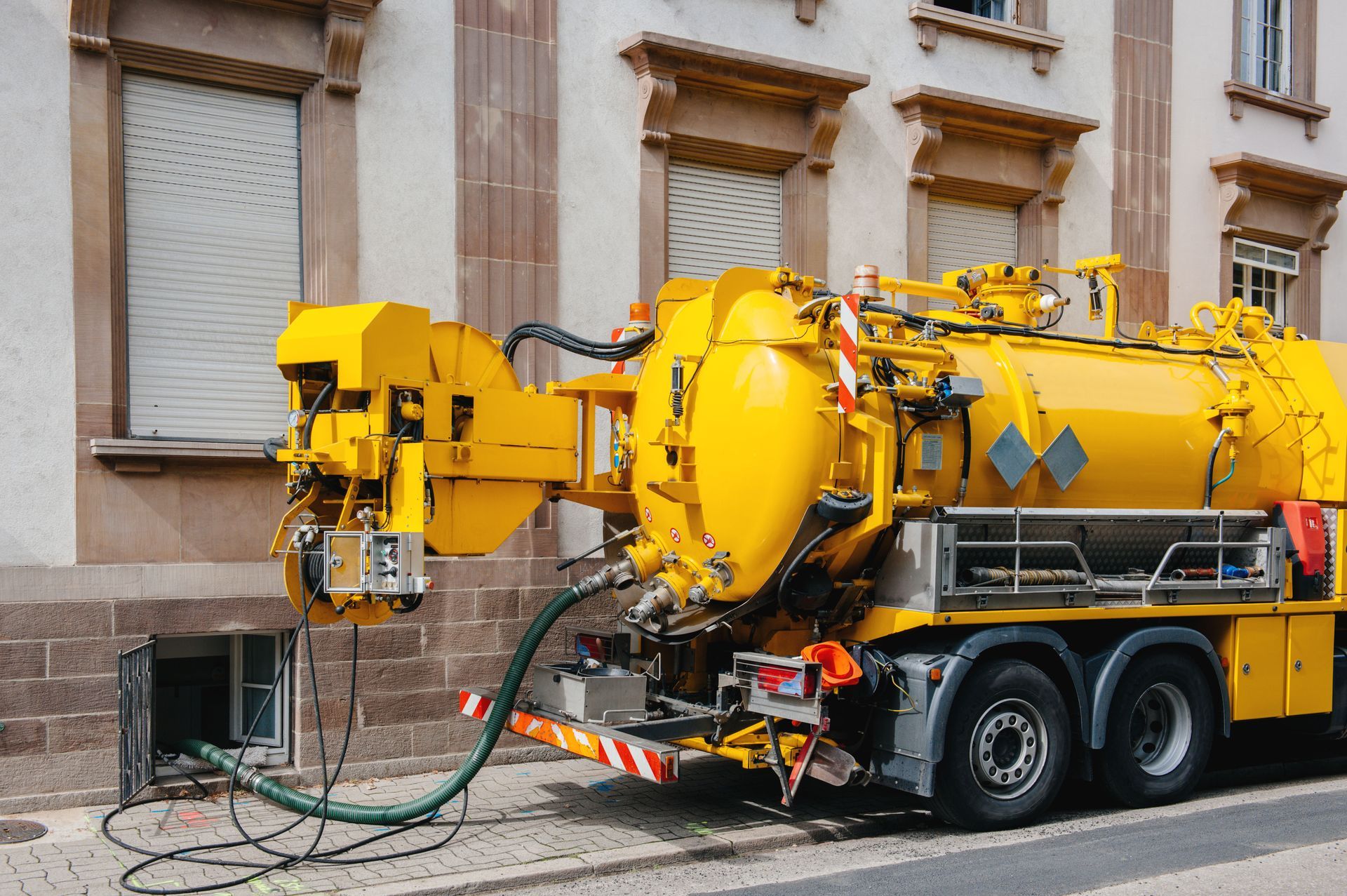
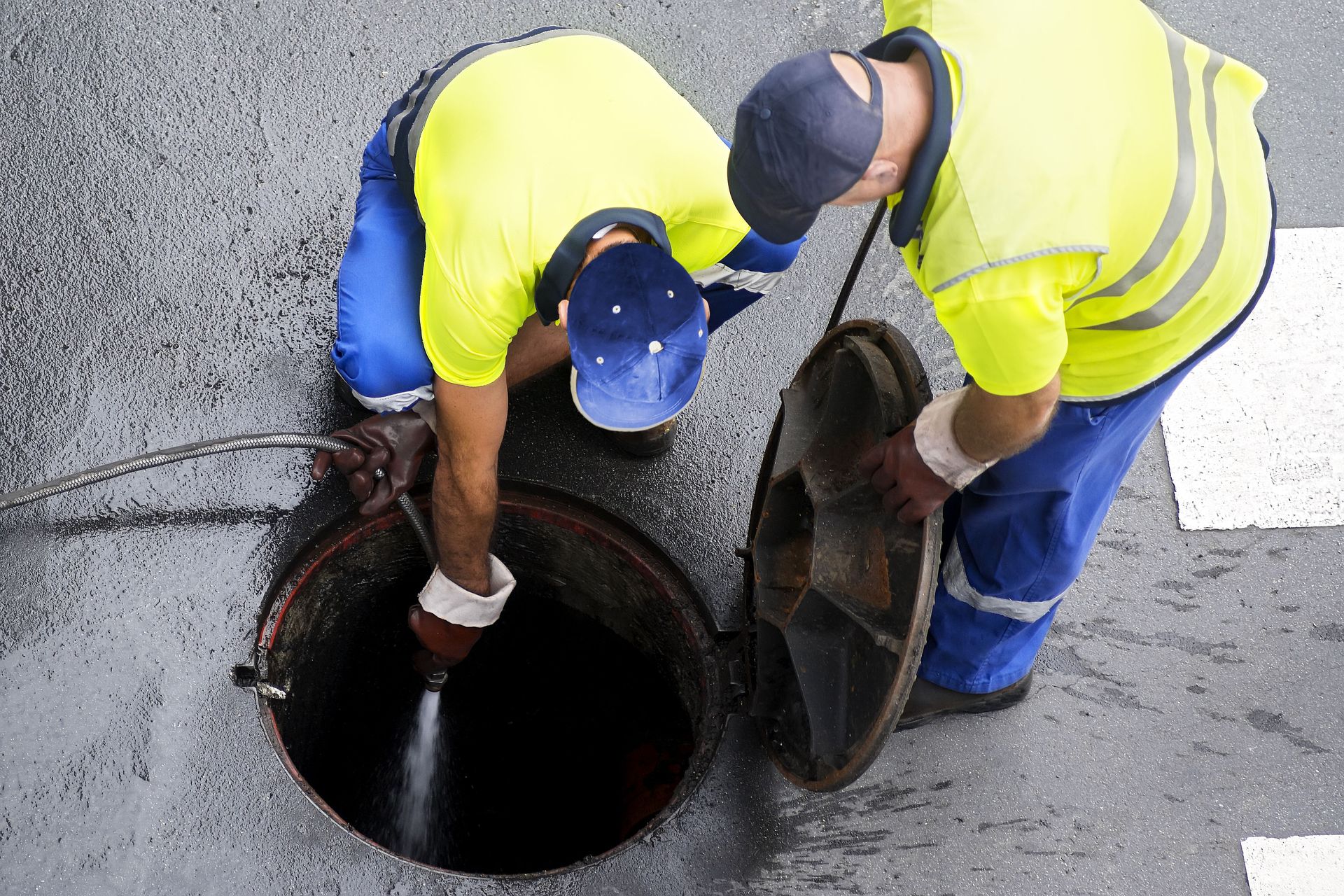
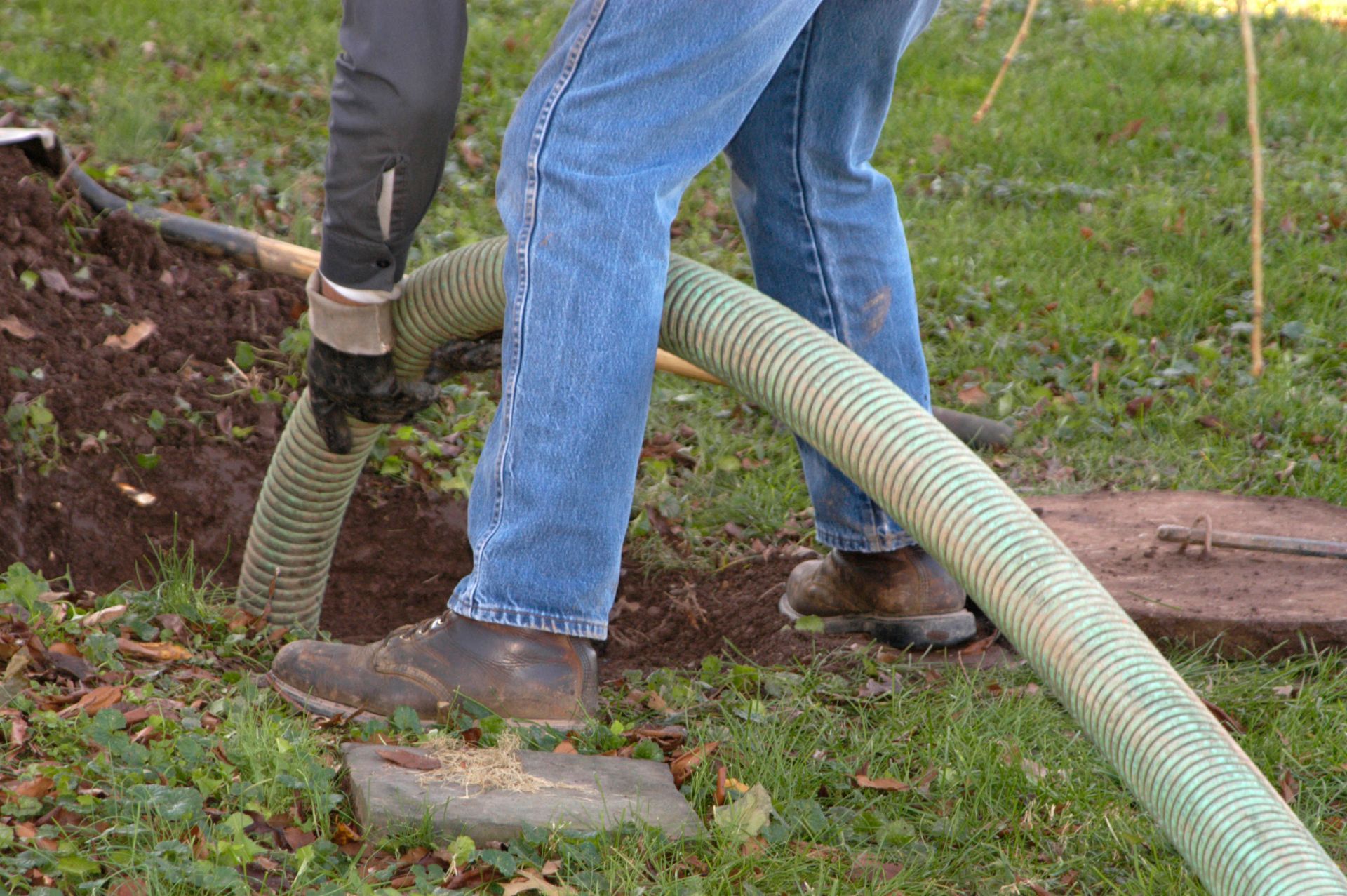
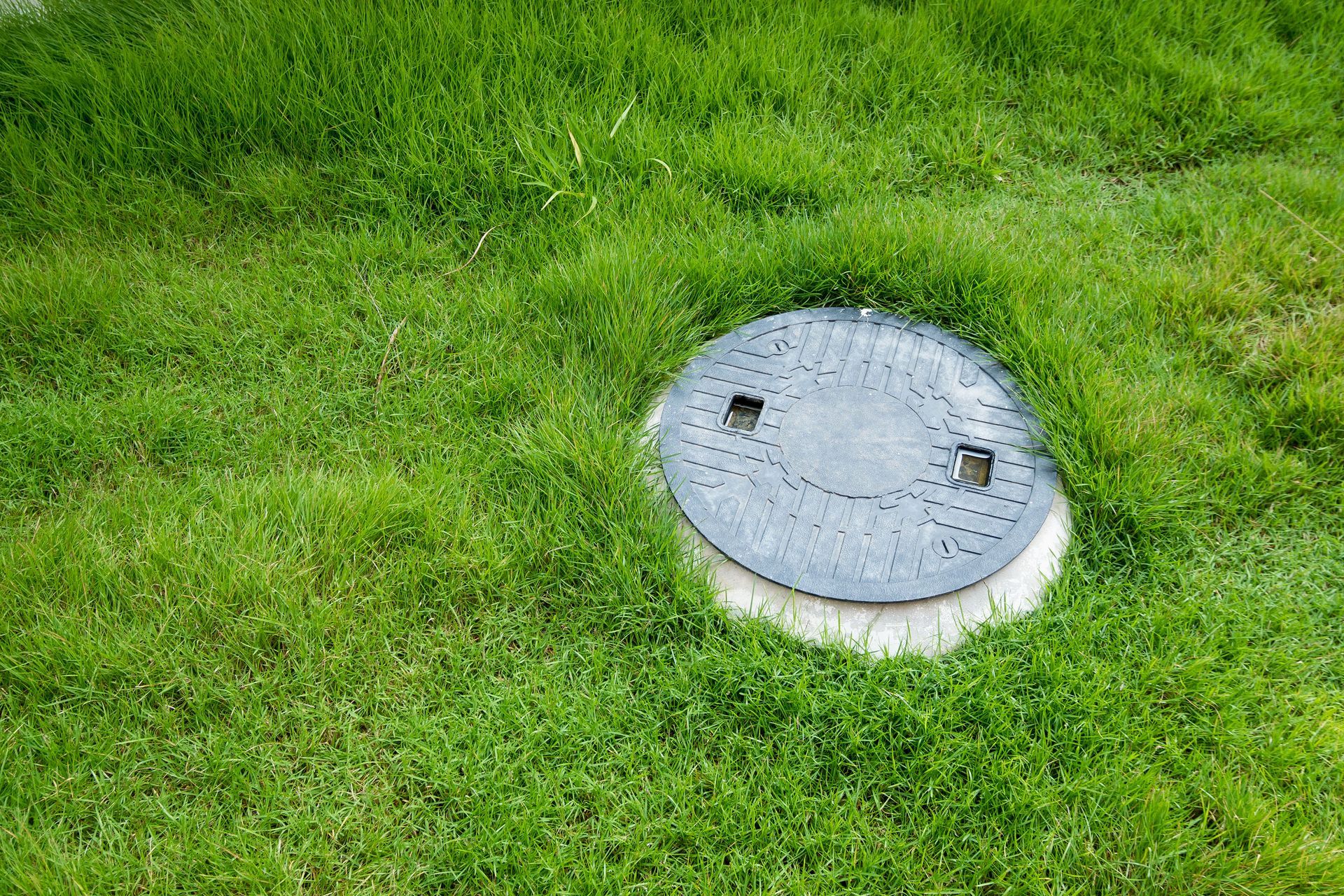
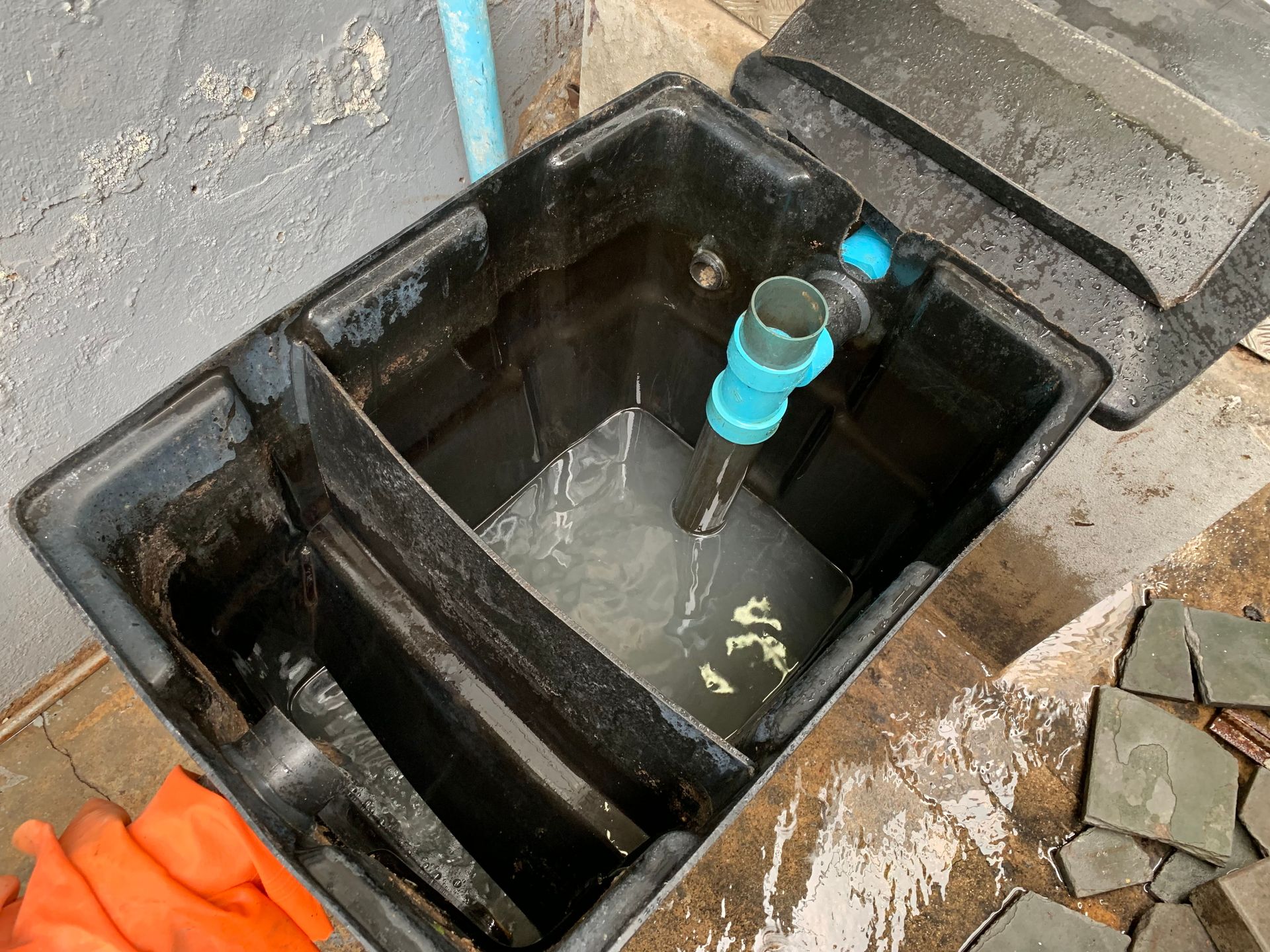
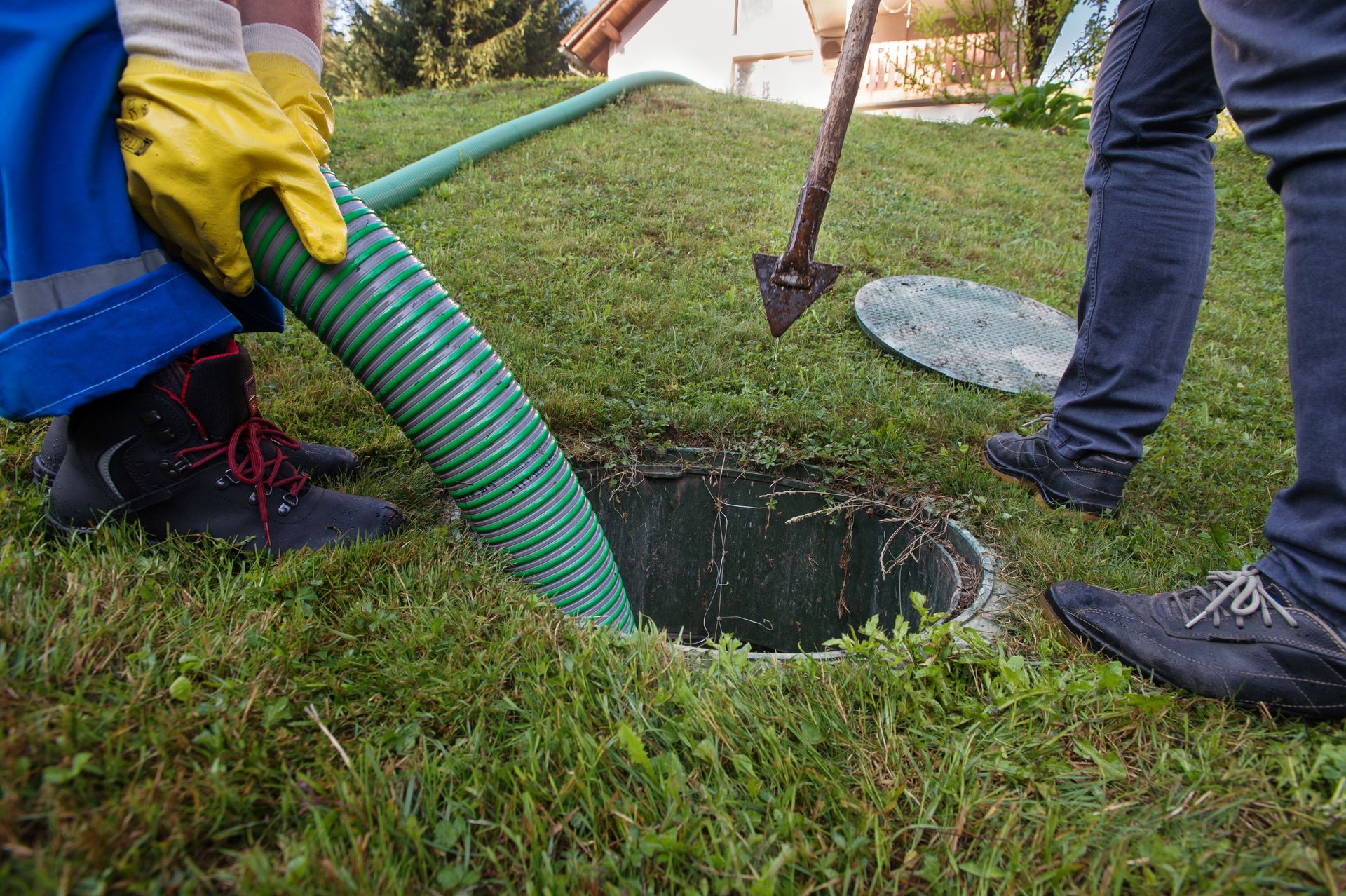
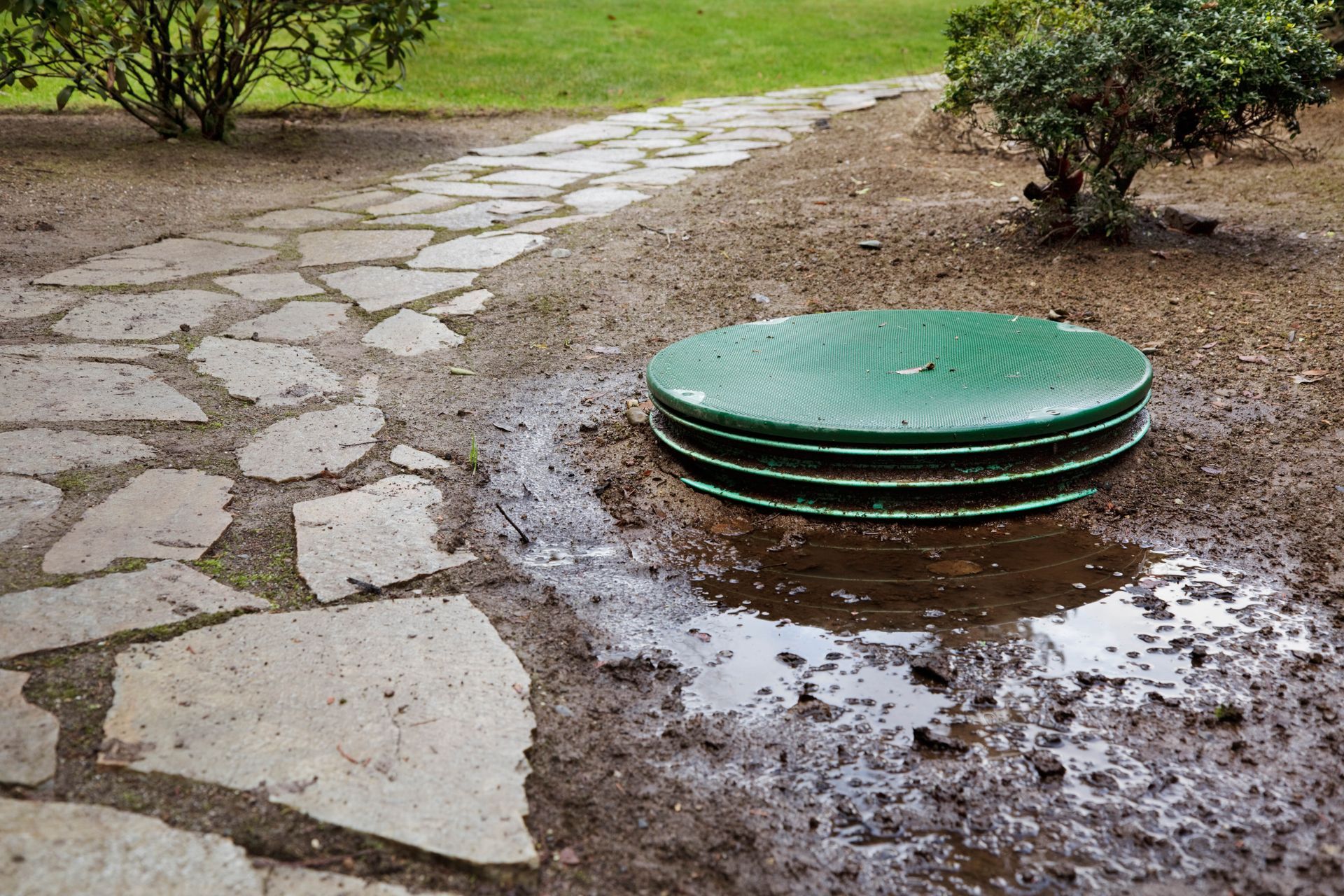
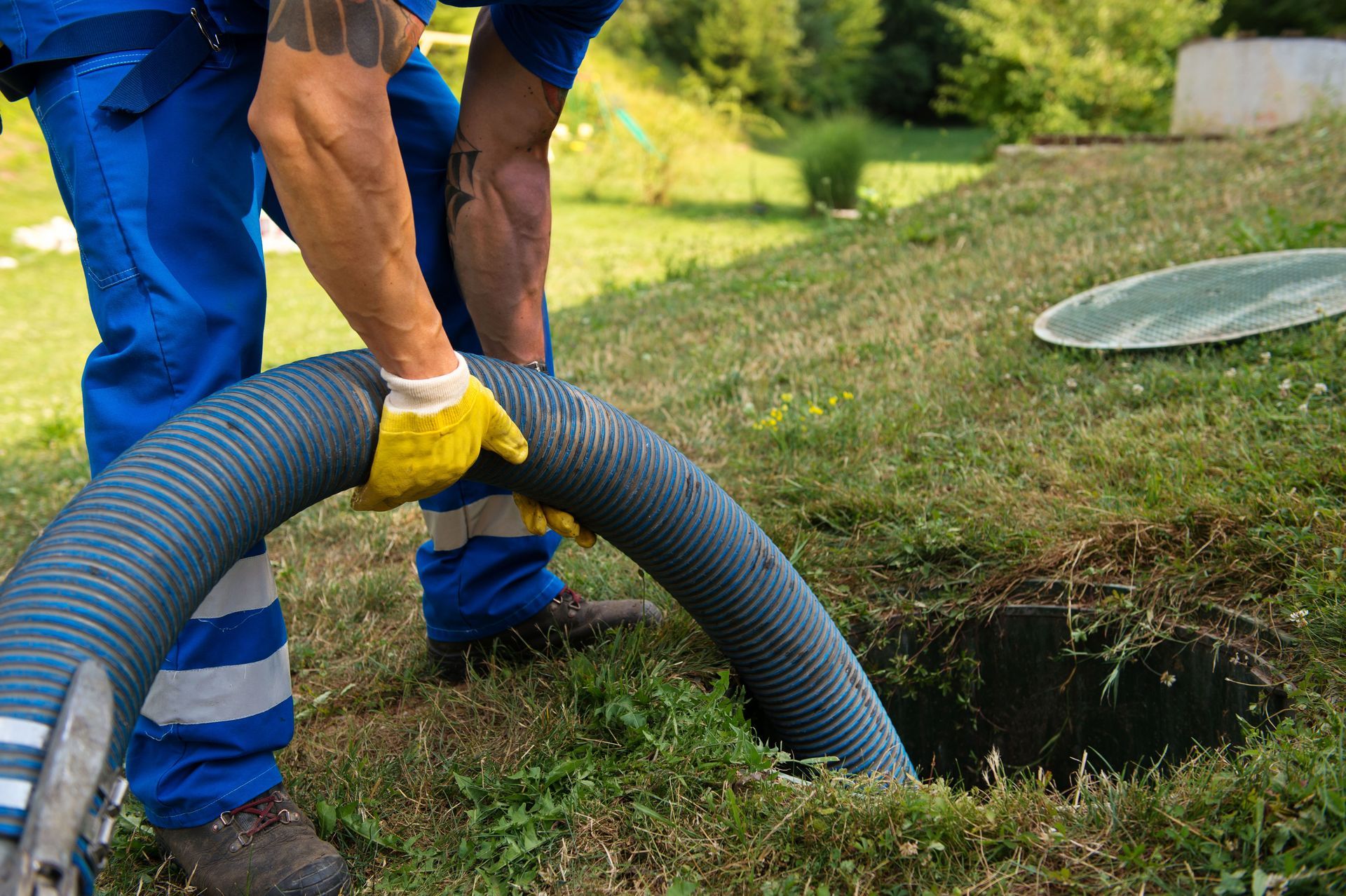
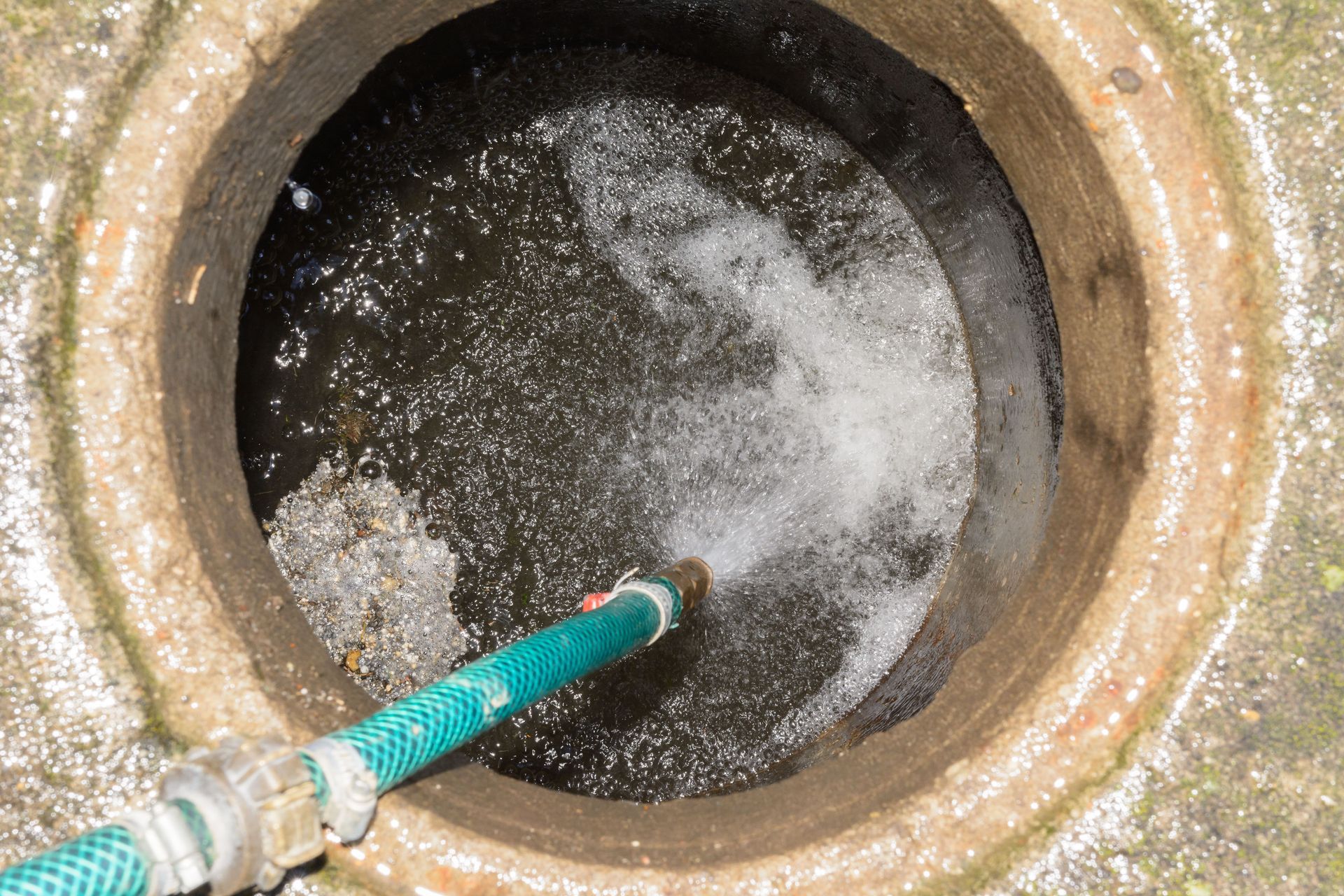
Share On: